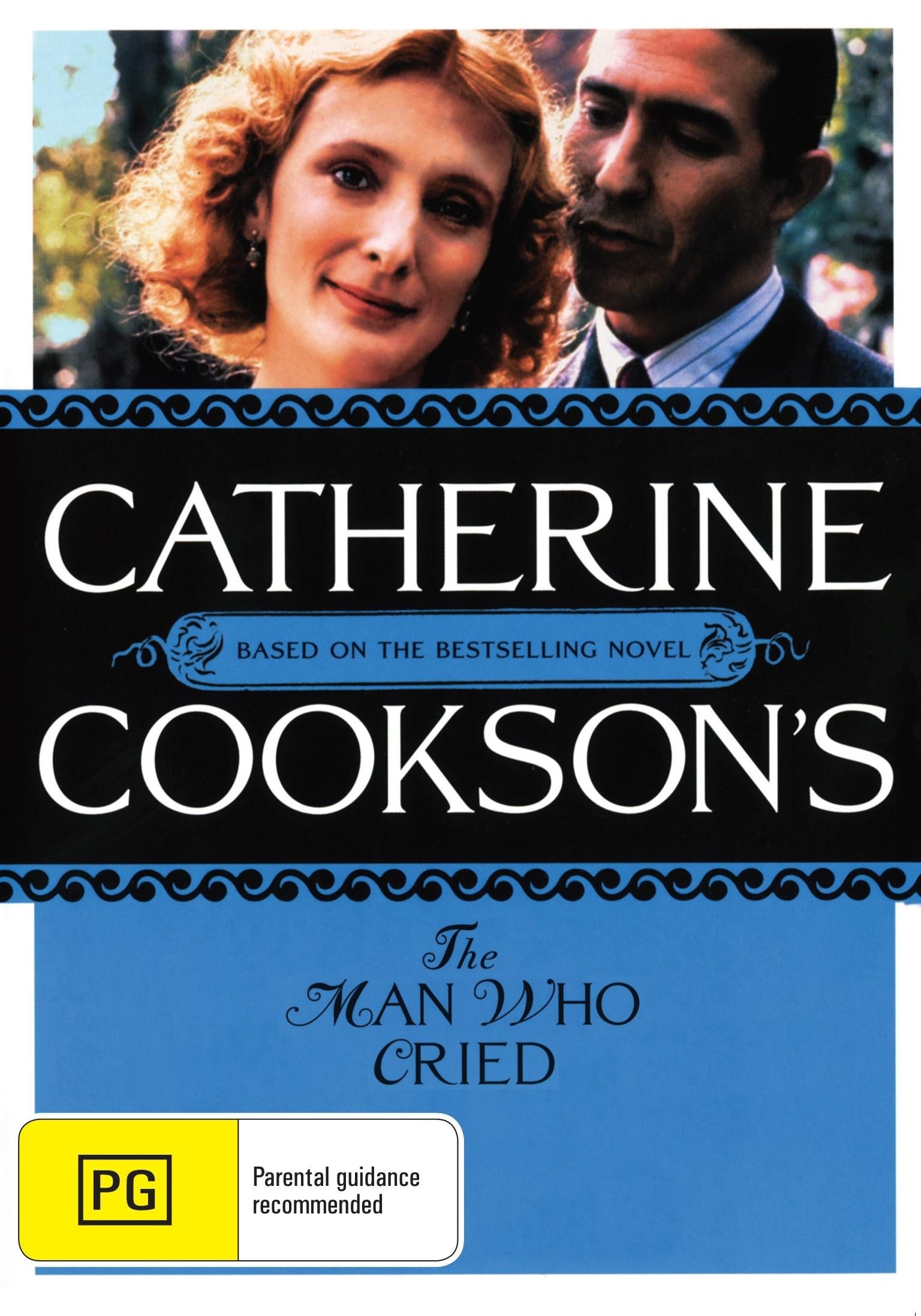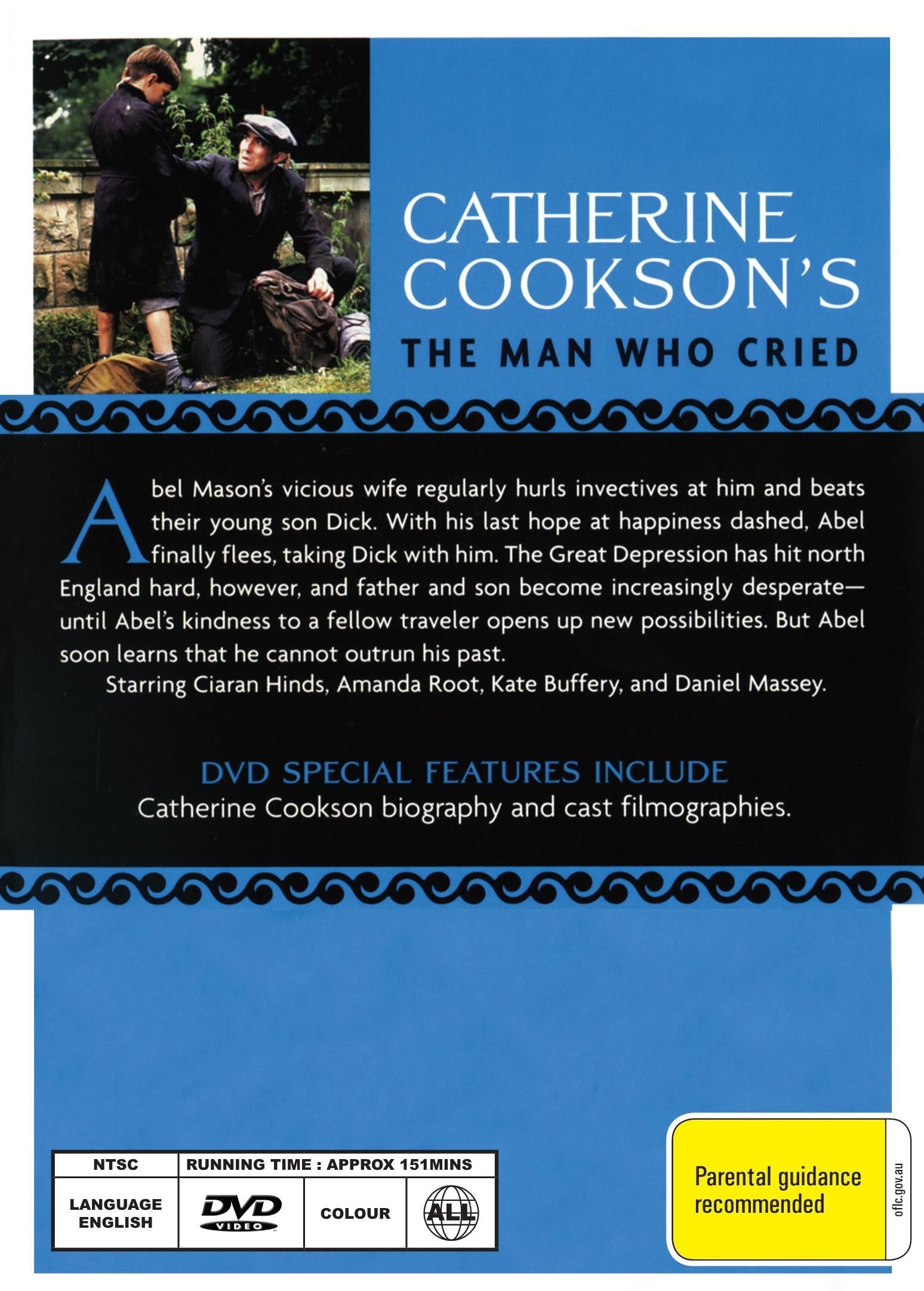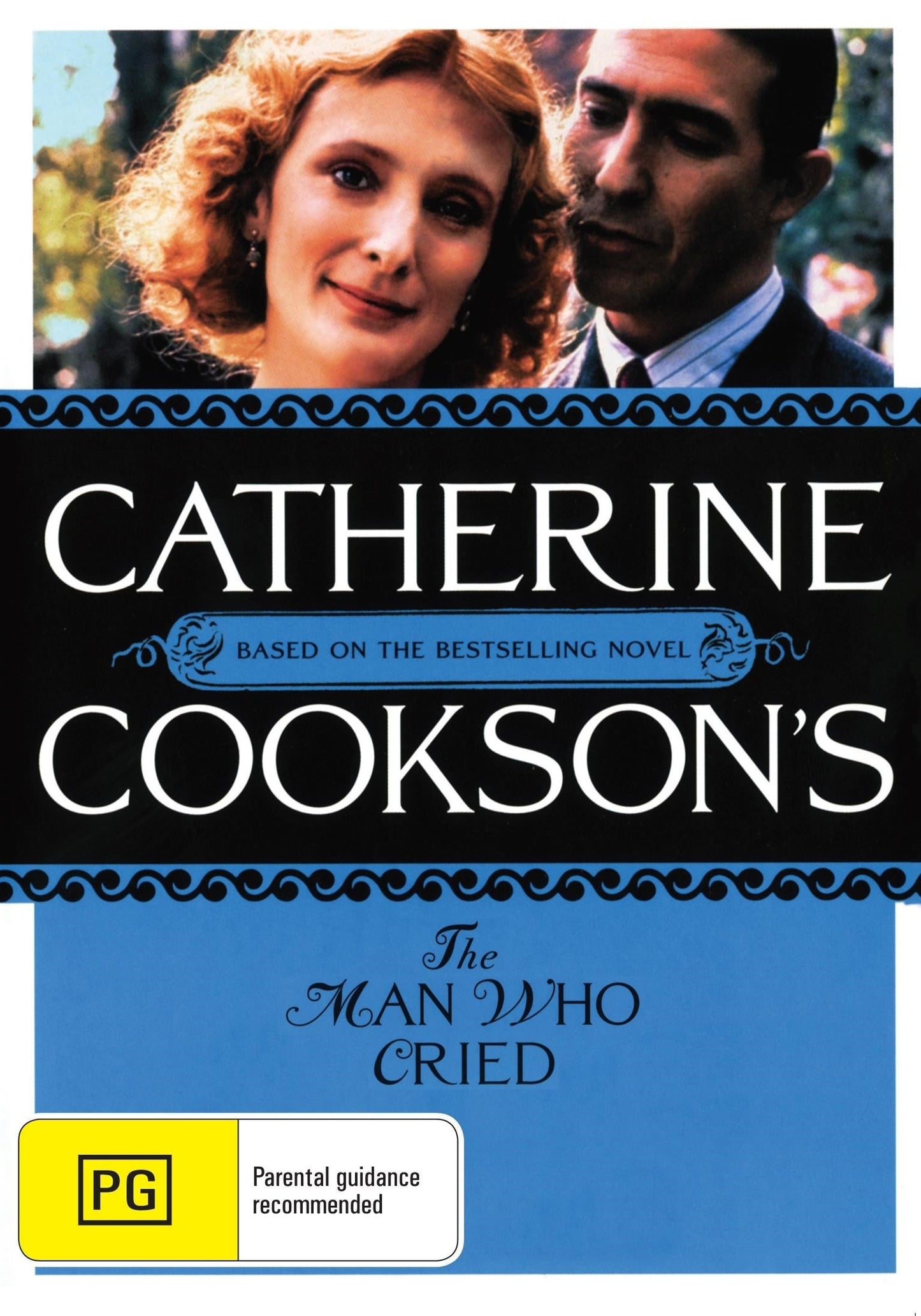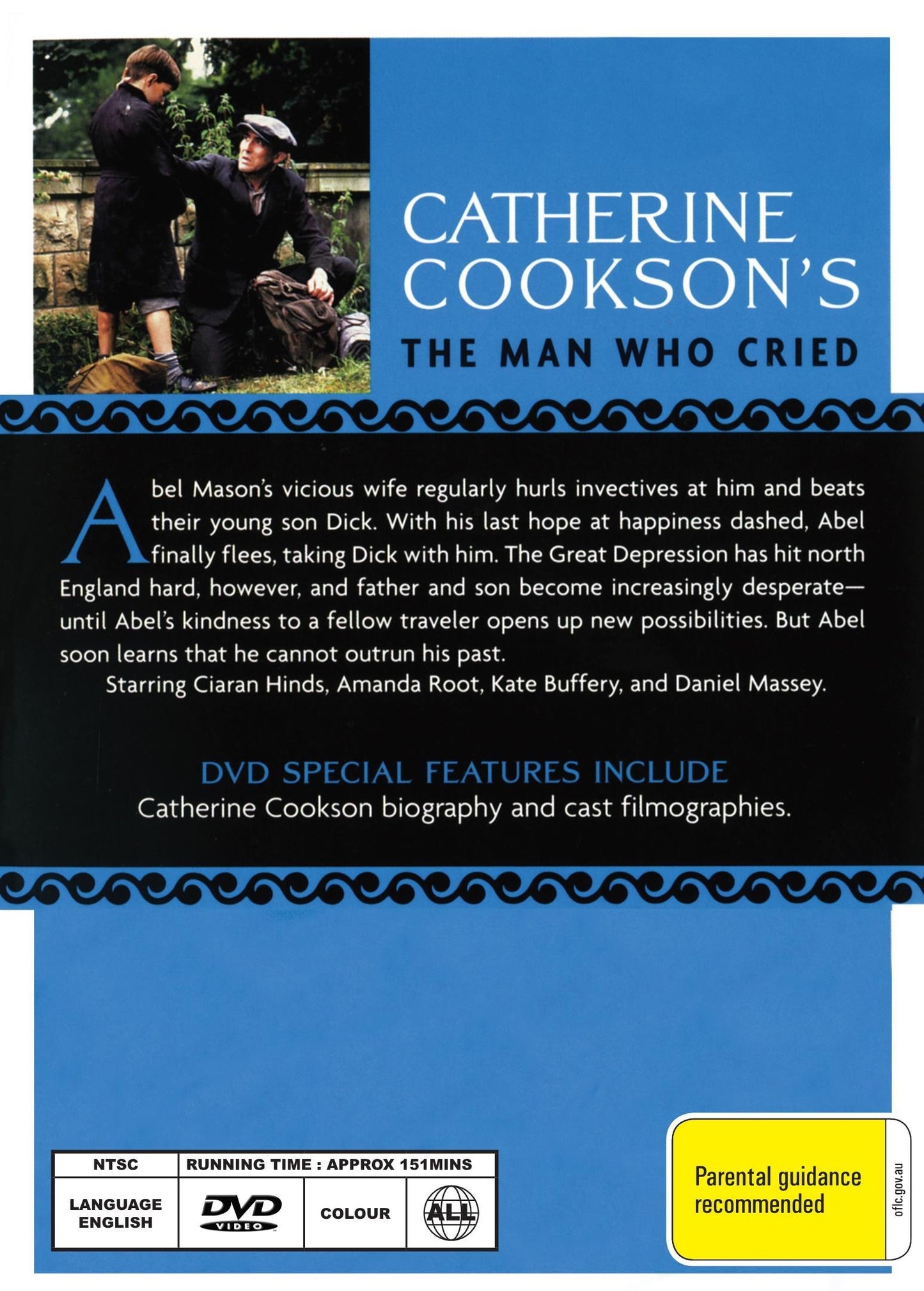Bought the item 14 days ago and I’m still waiting for it to arrive. Email the company and still no reply
Not happy at all with the purchase
Fantastic quality and great prices!
So happy we found this website for old movies. Arrived in good shape and good time and we are enjoying them. Will probably order more!
I did not receive conformation of my order, tracking information or even an estimated date of delivery. The only information I received was an e-mail stating the order had been shipped about ten days after I placed the order, and this notification came a couple days after I had gone back to the site to see if I could get any information.. Lastly, I recall this being advertised as as new. It came in a hand made jacket.
I had an old VHS recording of the movie from the 1980s on TV. I was looking for a better quality version. Although this purchased version is better than what I had, it was only a little better. It was not the crisp DVD quality that I was hoping for. It appears to be VHS quality instead. It’s still my favorite Christmas movie.
Great movie
Love Begins DVD arrived quickly great value
Grateful for the thunderstruck dvd, loved that movie as a kid. Basic story line but about a great band and mate ship
Quality not amazing but shipping was fast
Great movie sadly, subtitles would have been helpful for those of us who don't understand German.
Haven't had a chance to watch them yet, but I always liked the character so it should all be good.
Mum appreciated. Thanks
This is a very good cover and video dvd.Great quality video,and I will definitely buy here again and highly recommend this shop.
I really enjoyed the movies. Worth the wait for ordering.
Great DVD it arrived on time in great condition couldn't have gotten better anywhere else
THE BOYS IN THE BOAT arrived speedily in perfect condition and well packaged. The preparation for the 1939 Olympics in Berlin at one university makes for a fascinating tale of courage and determination. A story well told and multi-layered to keep everyone glued to the screen. It is brilliant.
Thanks for the great DVD Of The seven ways from sundown it was great it arrived on time in great condition I couldn't have gotten better anywhere else
A good movie. It's funny, warm, and interesting.
Quite old film, but the new BluRay brings it back to life in very good detail. Superb picture quality given its age. Storyline is nonsense, but hey its a good film.
Pleasant deal, highly recommendable seller
I knew that this movie was based on a true story, but the movie filled in a lot of the blanks. I don't know how much poetic license they took but the story came out beautifully. I laughed, I cried, and thoroughly enjoyed it.
I loved this movie. It was well acted, and the settings were engaging. The filming, editing, and directing were flawless. It's hard to go wrong with James Garner and Julie Andrews; I could watch them together every day.
We have been looking for this movie for some time. Greatly surprised to find it available at "Rare and Collectible DVDs". DVD was shipped quickly and arrived undamaged. The Hornblower DVD, even though it is over 45yrs old displayed in great detail and clarity (Restored ?). Very pleased to see this again.











